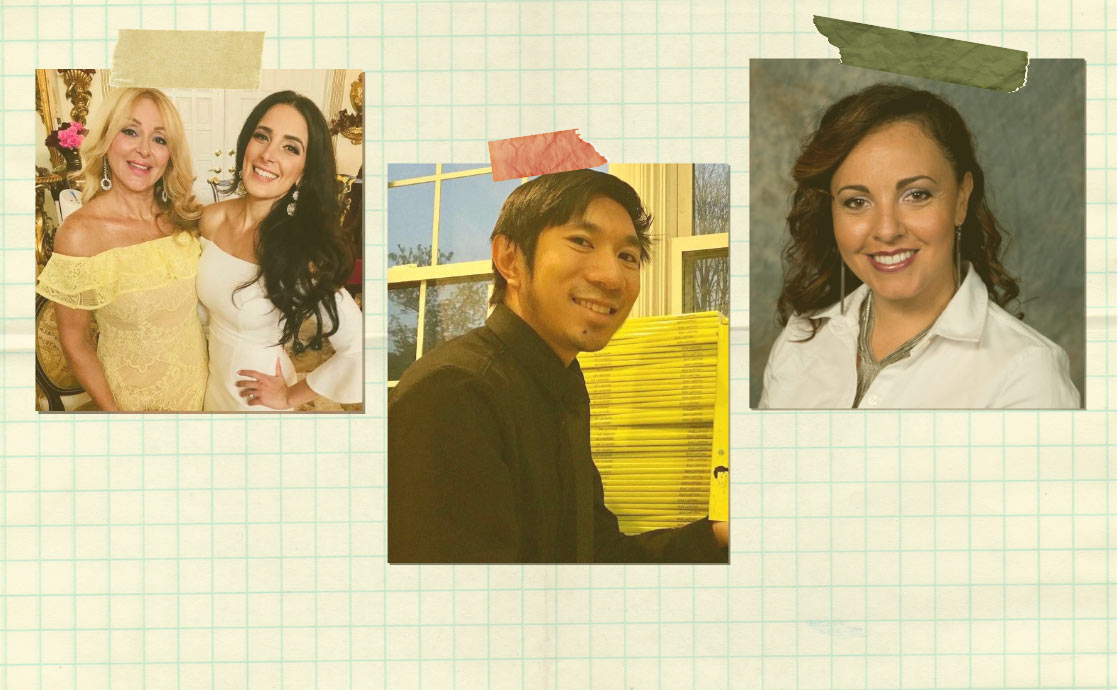The intricate relationship between race and culture in America has perpetuated a dichotomy—assimilation and isolation—shaping the responses of various cultural groups to systemic racism. The Bahá’í teachings provide a unique lens through which to examine these responses, urging humanity to transcend racial boundaries and embrace unity in diversity. This analysis delves into the philosophical foundations of Bahá’í thought regarding racism, the historical context of assimilation and isolation, and the implications for cultural responses in contemporary America.
At the core of Bahá’í teachings is the principle of the oneness of humanity. This foundational belief posits that all human beings, regardless of race or ethnicity, belong to a single family. As such, the Bahá’í perspective challenges the very essence of racial prejudice, advocating for an inclusive society where differences are celebrated rather than feared. This ideology serves as a vital counterpoint to the prevailing narratives of assimilation and isolation, which are often driven by a desire to either conform to or retreat from a dominant culture reminiscent of historical conflicts.
The discussion of assimilation in the context of American racism often invokes the experiences of marginalized communities. Historically, assimilation has been viewed as a means of achieving acceptance and overcoming discrimination. Immigrants from various backgrounds, particularly those from non-European origins, have frequently faced pressure to relinquish their cultural identities in favor of a homogenized American ethos. This often manifested in the forced adoption of language, customs, and social practices that align more closely with the mainstream culture. Such pressure not only undermines the rich tapestry of diversity but also fosters an environment wherein individuals experience a fragmented sense of identity.
Conversely, isolation emerges as an alternative response to systemic oppression. Many cultural communities, confronted with the harsh realities of racism, have chosen to retreat into enclaves that reinforce shared values and traditions. This reaction, while understandable, can inadvertently perpetuate cycles of misunderstanding and division, as it may obstruct intercultural dialogue and collaboration. The isolationist stance can result in a self-imposed alienation that hinders the broader societal progress towards unity and equity.
From the Bahá’í viewpoint, both assimilation and isolation are deemed inadequate solutions to the complexities of racism. Instead, Bahá’ís are called to engage in a process of integration that honors the distinctiveness of each cultural identity while striving toward a common goal of unity. This approach requires a deliberate effort to dismantle barriers of prejudice and promote educational initiatives that foster appreciation for diversity. Through dialogue and shared experiences, individuals can develop a deeper understanding of one another’s histories, traditions, and struggles.
The Bahá’í teachings highlight the importance of education as a transformative tool in combating racism. A comprehensive understanding of one’s own heritage, coupled with an awareness of the broader historical landscape of race relations in America, empowers individuals to become advocates for change. Such education promotes critical thinking, allowing individuals to unravel the often ingrained stereotypes and misconceptions that fuel discrimination. By emphasizing the interconnectedness of all people, Bahá’í principles encourage a shift from individualistic perspectives toward a more community-oriented approach that values collective well-being.
The role of activism is equally pivotal within the Bahá’í framework. Engaging in social action not only addresses the immediate injustices faced by marginalized communities but also illustrates a commitment to the principles of equality and justice espoused by the Faith. Bahá’ís are encouraged to participate in initiatives that promote racial harmony, whether through grassroots organizing, interfaith collaborations, or public advocacy. These efforts serve to challenge the status quo and catalyze broader societal changes that reflect the ideals of inclusivity and respect for diversity.
Furthermore, the significance of art and cultural expression as avenues for healing cannot be overlooked. The Bahá’í teachings denote the power of creativity to convey profound human experiences and emotions. Artistic endeavors—be it literature, music, or visual arts—can transcend cultural barriers and resonate on a universal level, facilitating deeper connections among diverse audiences. They can also serve as powerful platforms for social commentary and critique, bringing to light the injustices of racism while fostering empathy and understanding across cultural divides.
In conclusion, the Bahá’í teachings offer invaluable insights into the cultural responses to racism in America, particularly through the lenses of assimilation and isolation. These teachings advocate for an integrative approach that values diversity while promoting unity and collaboration. Acknowledging the complexities of racial dynamics, Bahá’í principles inspire individuals to actively engage in the ongoing struggle for equality, justice, and understanding. As societies grapple with the repercussions of racism, the call to action articulated by Bahá’í philosophy remains as pertinent today as ever: to embrace our shared humanity and work collectively toward a brighter, more inclusive future.
